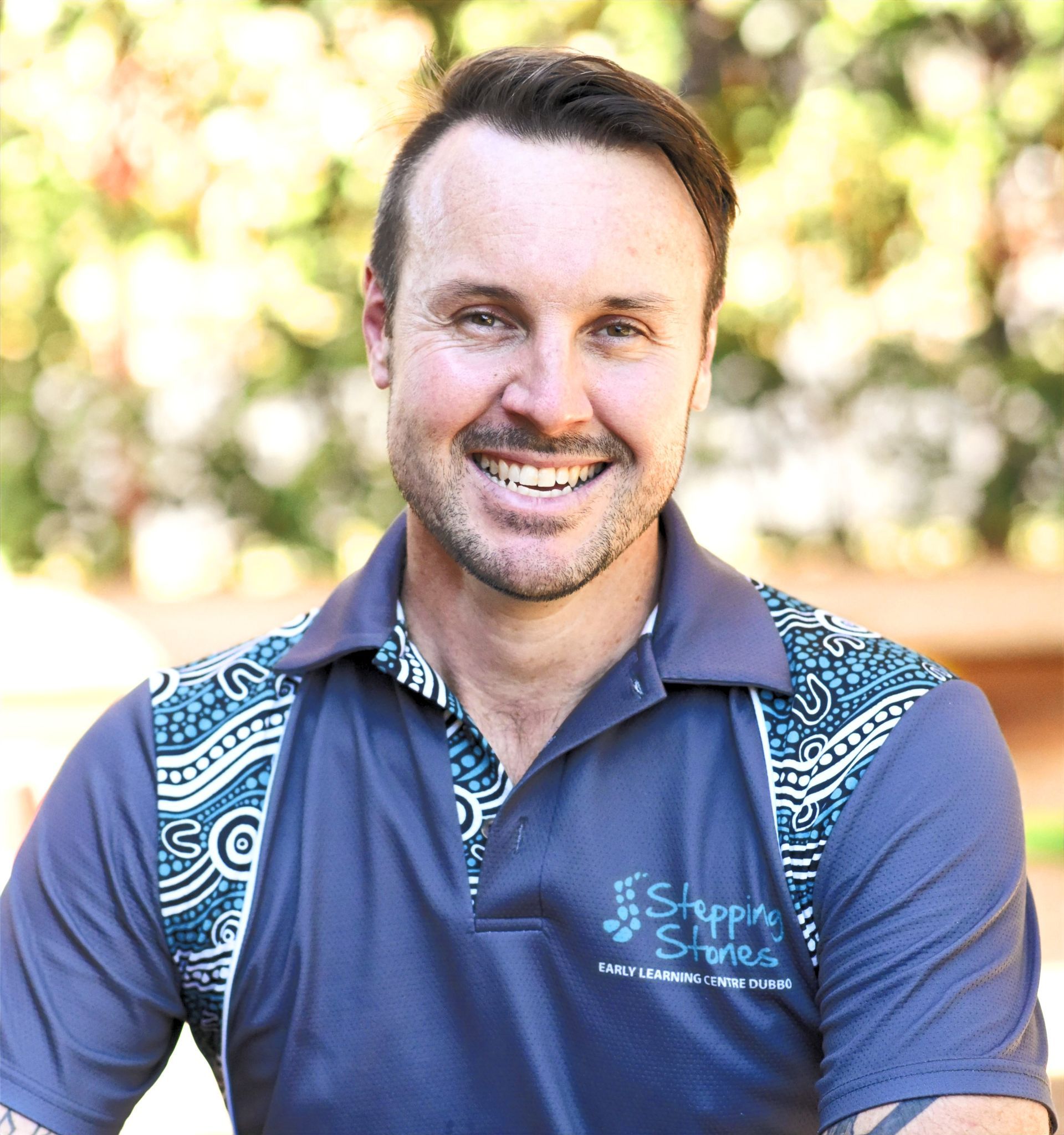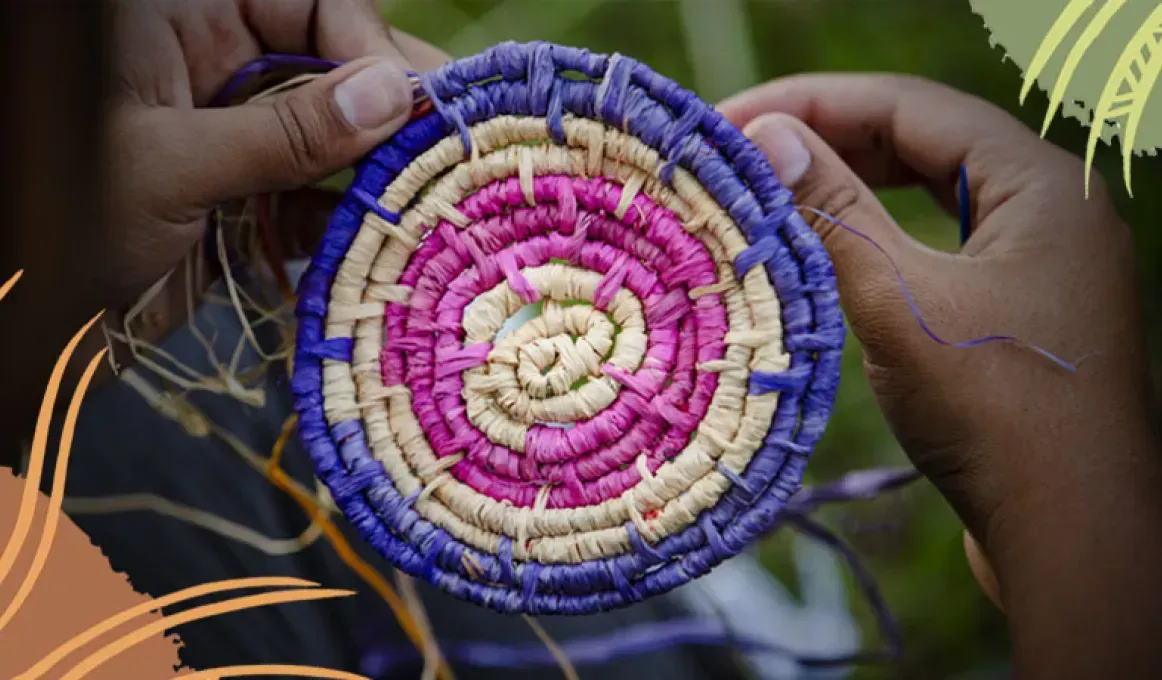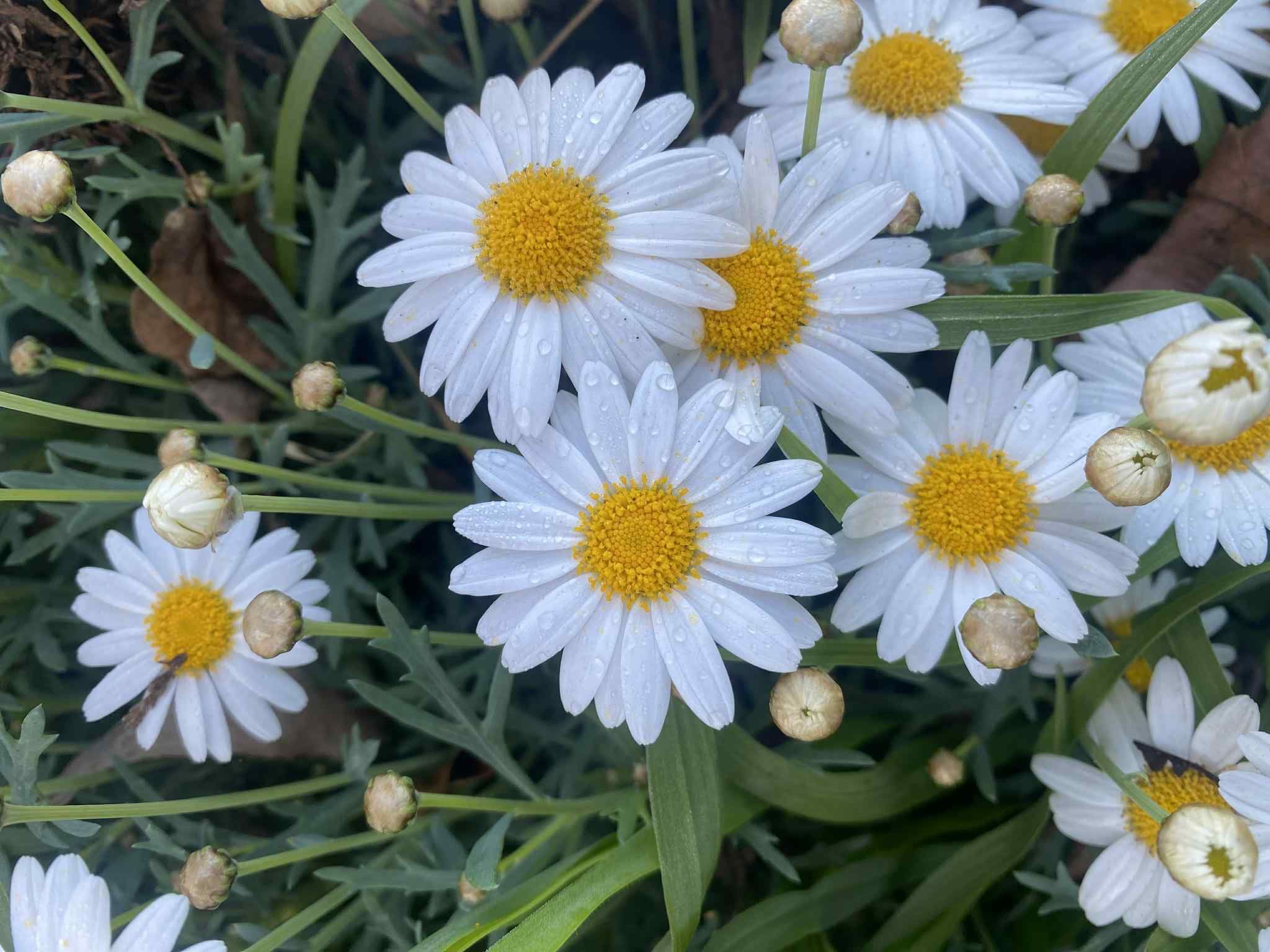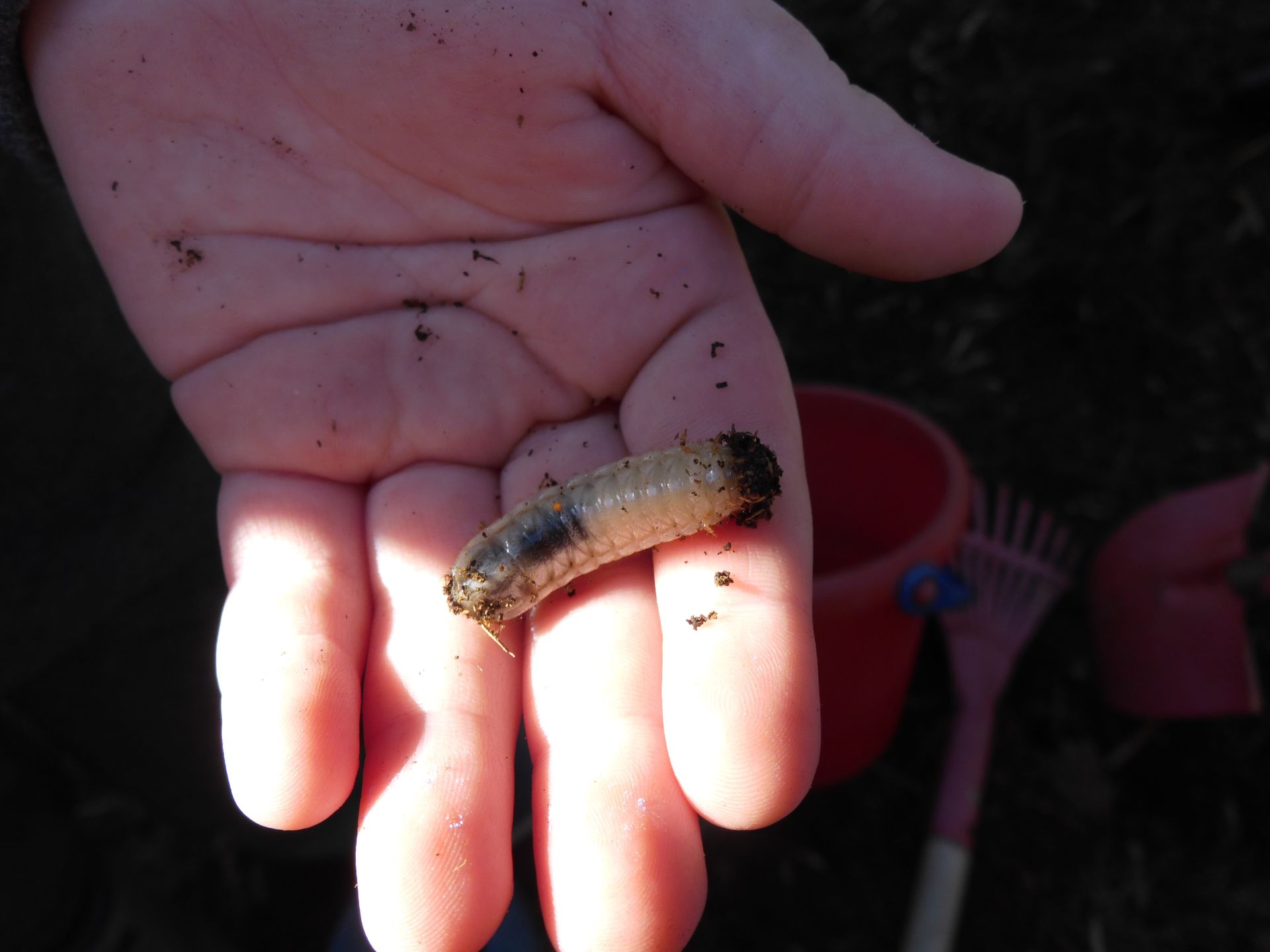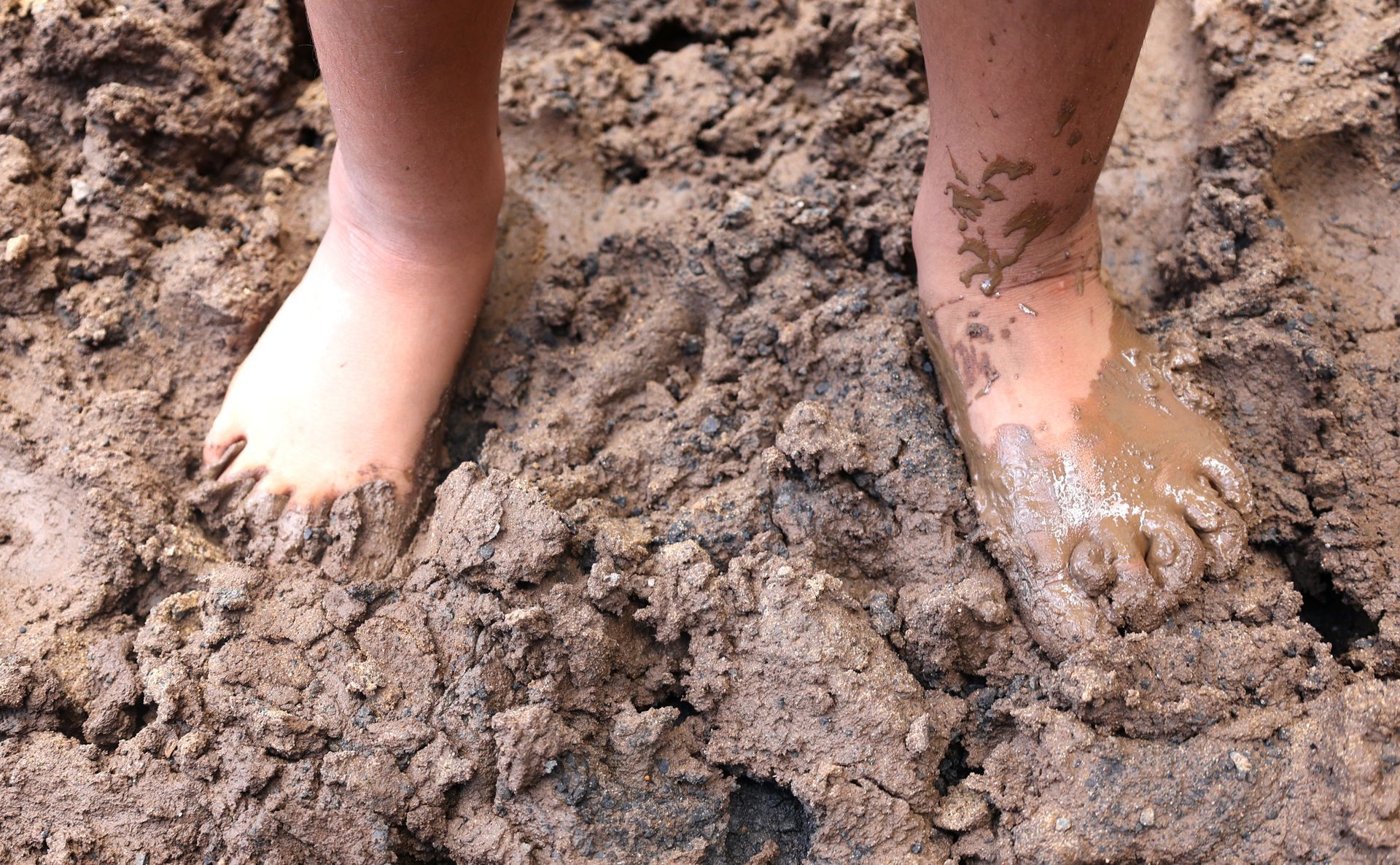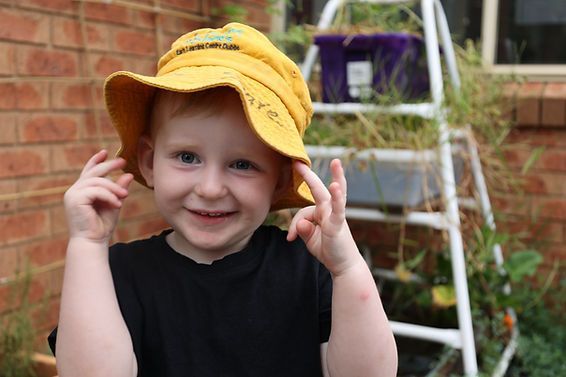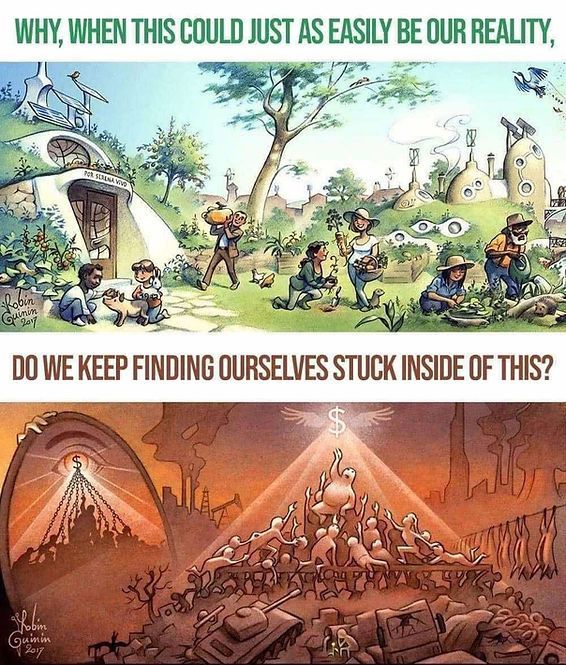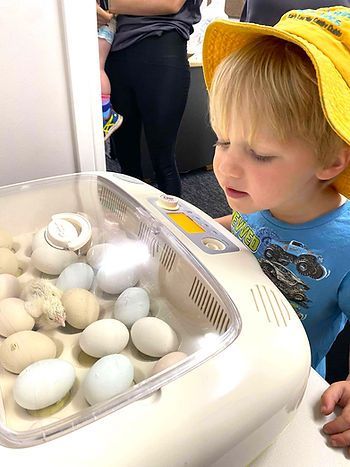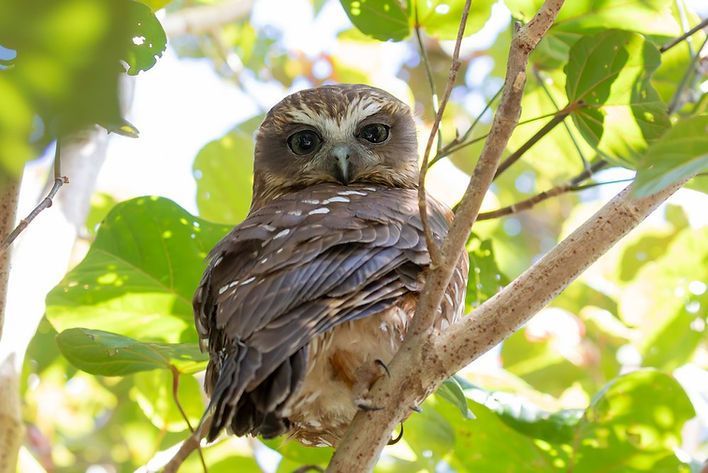My Poorly Presented Ramblings
Trusting Your Gut in a "Trust the Science" World
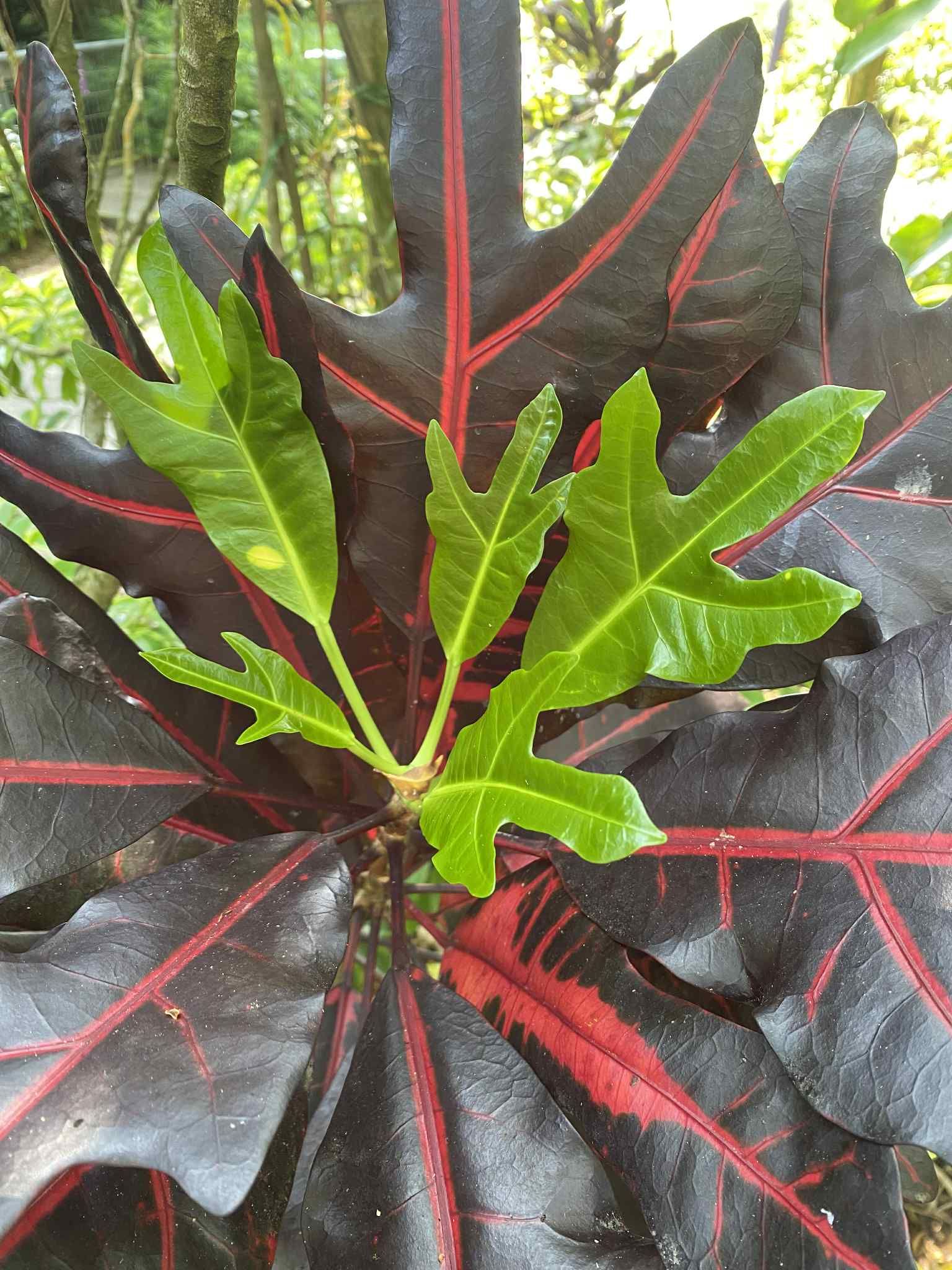
Hi again everyone.
Singapore was great, but the downtime gave me lots of time to reflect.
Sadly, the state of events around the world, far outside my control, have been weighing heavily on my heart.
Ecocide and colonialism seem to be ever-growing threats to global justice and sustainability.
As a passionate reader, with all the empathy that comes with a lifetime of mentally putting yourself in other people’s shoes, I often find myself becoming disillusioned.
Worse, I’ve learned the hard way that sharing the most profound books does not work. It’s not the quick fix or cheat code that I would like it to be.
Assuming someone does go the effort, and picks up a book, there is no guarantee that it will be received in the same way.
For a message to properly sink in, a person must be ready for it.
Often for me, it has taken dozens of books and hundreds of hours spent listening to podcasts or interviews on a huge variety of topics, much of the information contradictory.
That sounds exhausting right?
I certainly couldn’t relay all the crucial details, the critical context-adding history, nor map out the common themes. But I have learned to be less trusting of ‘science’ or rather the new way that people talk about science, as though it’s a religion. As though “trusting the science” is in any way scientific. As though real science is the purview of governing bodies and not curious minds.
No, I’ve become very suspicious of left-brain thinking, and much more open to intuition and taking a holistic view of the world. My brain may not be able to compute all the data, but with the help of my body, the brain-gut connection, and pattern recognition: ‘feeling’ my way towards truth seems so much more reliable than choosing a school of scientific dogma and sticking to it.
If you don’t choose a side, you become less inclined to defend any particular bias. A fact can be distorted. Too many studies end with finding outcomes that are most favourable to whichever group is funding them.
Money making machines have a huge stake in controlling scientific narratives. You need look no further than the global industrial food complex and the insidious ways that it has lobbied to control the messaging around diet and health, these past dozen decades or so. The vilification of animal fats and the promotion of world destroying annual (mono)crops as though they are somehow better for the planet.
As a person concerned deeply with ethics and environmental stewardship, I desperately wish that the answers could be simpler. I am no great communicator of nuance. I’m not likely to become one, there is still so much learning to do, it takes time, work, and a capacity for caring.
And so, to simply satisfy a need; to do my part, to spread the word, to make things better.
At best, I’ve become a sharer of books worth reading and interviews worth listening to, at worst a dealer of rhetoric. I never went to university, nor learned the art of referencing. I probably never will.
Instead, I write blogs and annoy anyone who will listen to my poorly presented ramblings.
Hopefully, with practice I’ll get better at it. Maybe some of my passion with catch on.
Certainly, I've become a huge advocate for modelling empathy for children.
You don’t have to be a tree-hugger to realise that planet-care is really self-care. Or that the best way to provide for future generations is not by extracting wealth, but rather by protecting the land.
You just need a heart, a brain, and a little courage.
And if you would like a book recommendation, my latest would definitely be:
The vegetarian Myth: Food, Justice, and Sustainability by Lierre Keith.
Until next time, enjoy the wild places wherever you are,
Dallas.
